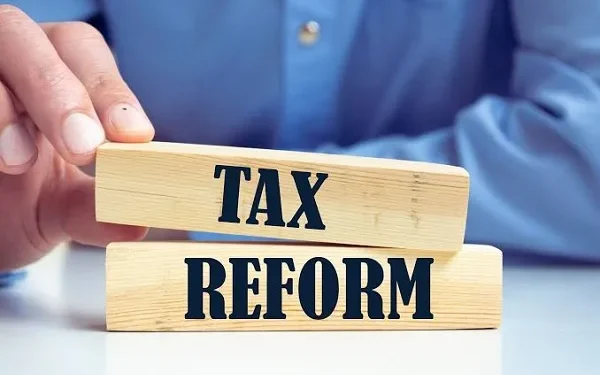Nigeria’s tax debate is moving into a new phase. As the government improves digital monitoring and broadens tax enforcement, a deeper question is emerging. When money lands in your account, how exactly will authorities decide whether it is income or a gift?
This distinction matters more than ever. It determines who pays tax, how much, and what financial freedom means in an increasingly monitored economy.
A Tax System Expanding Its Reach
Nigeria taxes income from salaries, business profits, investments, and other earnings. The principle is simple: if you earned it, you owe a portion to the state.

But Nigerians do not only earn money. They receive support from parents. Transfers from abroad. Cash gifts during weddings, naming ceremonies, and milestones. Spontaneous transfers from friends. Goodwill payments from community members. Informal generosity is part of the culture.
The tax authorities now face a delicate challenge. How do you distinguish between genuine cultural giving and undeclared income disguised as gifts?
When a Gift Stops Being a Gift
In practice, the tax conversation now hinges on intent and context.
Money from an employer as a “gift” is considered income. Benefits tied to professional activity are taxed. Financial transfers that appear to replace or supplement work earnings may fall under taxable income.
However, informal cash gifts between family or friends have long operated outside the tax net. This grey area raises a sensitive cultural question. At what point does a transfer of love or support become a taxable event?
As digital records replace cash envelopes, that line is drawing itself.
The Risk of Misclassification
A person receiving financial support might believe it is a gift. A tax officer reviewing account inflows might see unreported income. Without clear guidelines, misunderstandings are inevitable.
This opens the door to disputes and potential penalties. Individuals may also begin retaining proof of intent, a surreal future where birthday gifts or family support require written explanation.
But in a digitising economy, documentation becomes defence.
A Cultural Economy Meets a Tax Mandate
Nigeria’s gifting tradition predates formal taxation. Communities support each other. Parents invest in children. Celebrations involve generosity. For many Nigerians, gifts are symbols of love and belonging, not taxable capital.
Government, on the other hand, sees expanding financial flows and wants transparency. Both perspectives are legitimate. Both must coexist.
The real task is finding a fair line:
-
Legitimate gifts should remain protected.
-
Undeclared income disguised as gifts should not escape taxation.
Balance, not blanket treatment, is the goal.
Where the Debate Must Go Next
For tax policy to evolve responsibly, Nigeria needs clarity. Citizens need certainty. Regulators need rules that reflect cultural reality. And financial systems need guidance.
Should there be a threshold below which gifts are untaxed?
Should family transfers be automatically exempt?
Should documentation be required for large gifts?
Should Nigeria introduce a dedicated gift tax instead of forcing gifts into income rules?
These questions will define financial trust in the years ahead.
The Heart of the Matter
Taxation is reshaping Nigerian financial life. But policymakers need to treat gifts not just as transactions, but as expressions of culture, love, and responsibility.
The challenge is simple to state but hard to execute.
Protect cultural giving.
Prevent income evasion.
Provide clarity so Nigerians are not taxed for supporting one another.
The next phase of tax reform needs to be about identity, fairness, and the kind of society Nigeria wants to build.
















